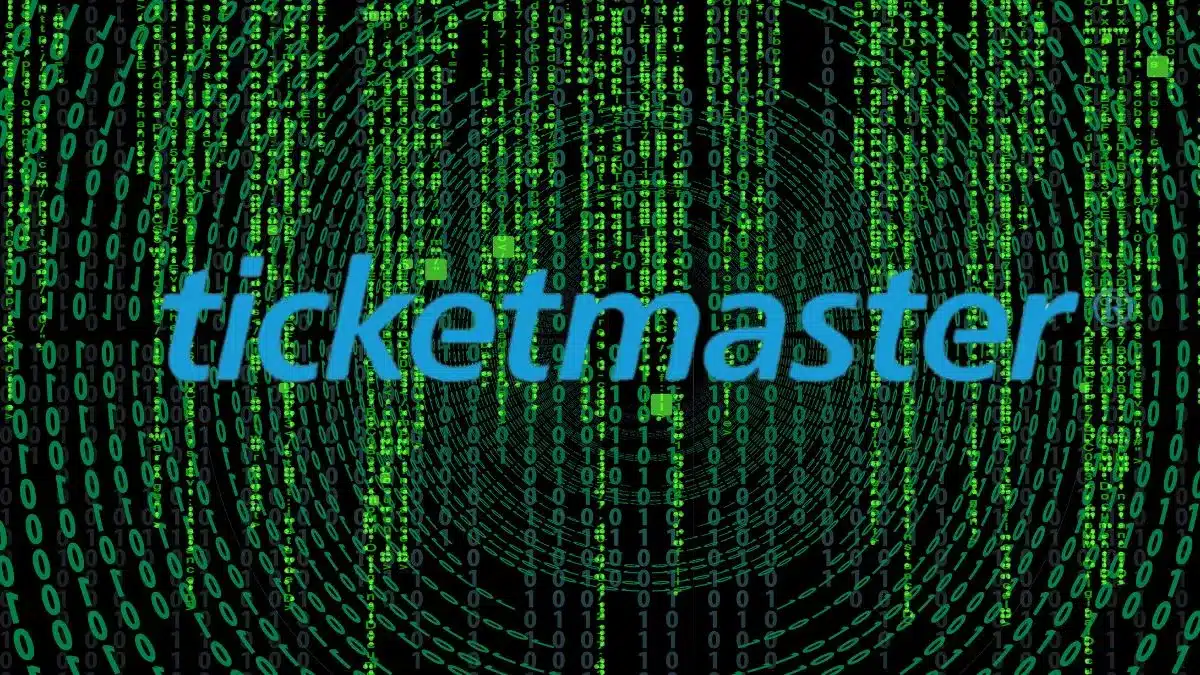Former Ticketmaster Executive Sentenced After Hacking Rival

This week, Stephen Mead, a former executive at Ticketmaster, received his sentence after admitting to charges of conspiracy related to computer intrusions earlier this year. A British citizen, Mead has been required to forfeit $67,970 and will spend one year under supervised release.
Mead faced allegations related to a situation in which he and a colleague from Ticketmaster unlawfully accessed the systems of a competing ticketing firm, Crowdsurge. Both Mead and his accomplice, Zeeshan Zaidi—another ex-executive from Ticketmaster—have confessed to their involvement in a plan that included collecting private information and passing it on to others within the Live Nation organization. This information was subsequently used to lure Crowdsurge's clients away, ultimately leading to the company's demise.
Zaidi had earlier admitted guilt to a comparable offense in 2019, but he has not received his sentence yet.
In 2020, Ticketmaster reached a plea deal with federal prosecutors in New York, resulting in a $10 million fine to steer clear of criminal charges. The Department of Justice informed the BBC that it had fulfilled the requirements of the deferred prosecution by July 2024.
ADDITIONAL RESOURCES | Ticketmaster Escapes Hacking Charges by Settling with a $10 Million Payment |
Although the DOJ's antitrust lawsuit against Live Nation and Ticketmaster filed earlier this year didn't specifically mention the Crowdsurge incident, it certainly highlights the kind of conduct that rivals have claimed the dominant player in the global entertainment scene has been involved in for a long time.
The complaint from the DOJ states, “Live Nation's dominance in the market and the unfair practices that uphold this dominance resonate deeply, as the affected industry has inspired and entertained Americans for many years. Actions that undermine competition not only hurt the live music sector and the numerous individuals employed in it, but they also threaten the very essence of creativity and artistic expression that are vital to our personal, social, and political experiences.”
ADDITIONAL RESOURCES | Live Nation and Ticketmaster Face Major Antitrust Lawsuit
What Mead And Zaidi Revealed As Ticketmaster Employees
Mead joined Ticketmaster's TicketWeb division in 2013 after working as the Senior Vice President of Global Operations and General Manager for North America at Crowdsurge. This company focused on a platform for discovering music and also managed a ticketing service that distributed tickets to fan clubs for early access sales.
Even though he had signed a stringent non-disclosure agreement with his previous employer (and Live Nation had its own agreement requiring him not to breach that contract by disclosing confidential information during his hiring), it was only a few weeks into his new job when Ticketmaster executives started requesting details about his former company's advantages, shortcomings, and opportunities for competitive advantage.
In conversations about the information Mead gathered while at Crowdsurge, Executive-2 explained the plan to impede Victim Company and take one of its key clients back, as noted in the indictment. Mead suggested that they could significantly undermine Victim Company by regaining presale ticketing for another major artist by matching the ticketing fee arrangement that Victim Company had established for that artist.
Not long after, Mead and some colleagues at Ticketmaster began to directly tap into Crowdsurge's systems, providing detailed information about the company's workings and pricing models to a growing number of top executives, including Jared Smith, who was the president of Ticketmaster at the time, and Michael Rapino, the current CEO of Live Nation Entertainment. In just a few months, both Zaidi and Mead were promoted and given salary increases.
The plan started to unravel in 2014 when a Live Nation executive who was aware of the illegal activities resigned and later took a position at Crowdsurge, which merged with Songkick in 2015. The passwords that Mead knew and had shared with Zaidi and the management at Ticketmaster/Live Nation began to change. In 2015, a civil lawsuit was filed for alleged antitrust violations, which was later updated to include claims about the unlawful access to the system as part of that wrongdoing. By 2017, documents outlining the unauthorized access by Mead and Zaidi were released in connection with the lawsuit, and both individuals were terminated from their positions.
Live Nation eventually resolved the lawsuit by acquiring the remaining assets of Songkick/Crowdsurge for $100 million in 2018, after the music discovery part had already been sold to Warner Music Group. They also paid an extra $10 million in legal fees to fully close the case three years later—though now there’s a new complication.
"Employees at Ticketmaster unlawfully accessed the computers of a rival by using stolen passwords, aiming to gather confidential business information," said Acting U.S. Attorney Seth DuCharme in a press release regarding the resolution of the criminal charges against Ticketmaster in 2021.
"When workers transition from one business to another, it’s against the law for them to carry proprietary information along. Ticketmaster leveraged confidential data to create an edge over its rivals and subsequently promoted the employees involved in this wrongdoing. This investigation clearly illustrates the purpose of these laws: to safeguard consumers from unfair practices in what should be a just marketplace," stated FBI Assistant Director-in-Charge Sweeney.













































